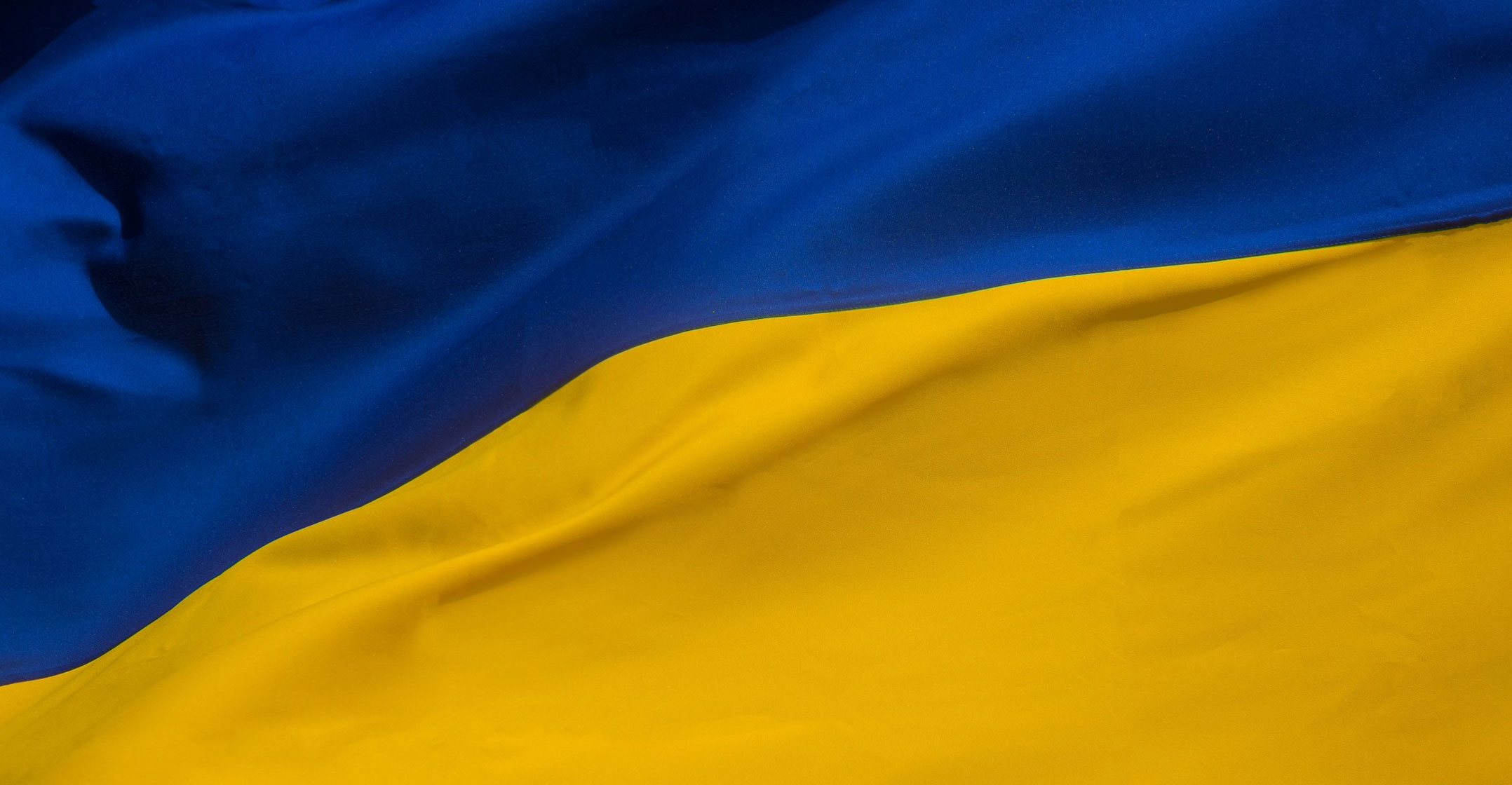Ukraine is the largest country in Europe, and for more than two-and-a-half years it’s dominated news headlines around the world for all the wrong reasons.
Ukraine’s neighbour, Russia, launched a full-scale invasion of the country on 24 February 2022, and nothing has been the same since.
I was here when the big war started; I will be here when it ends. Kyiv is where I want to live my life now, and what is going on in my adopted country is not only sad but tragic, too. But life, despite it all, goes on.
Ukrainians are going to work, getting married, having babies, raising kids, eating out, playing sports, going to football matches, watching movies, dancing, reading, loving and living life. Of course, nothing is truly normal – but in the day-to-day moments of life, if you don’t think about the war, there are times when all looks and feels kind of okay.
Business is still going on in Ukraine. IT work, for example, continues apace, and talented software developers are constantly contributing to digital development all over the world. There is, of course, some reluctance from Western firms when it comes to hiring Ukrainian developers, and a lot of this is due to misinformation and misunderstanding in my view.
So, yes, Ukraine remains open for business, but things are not like they were before the war. Some software engineers are serving in the armed forces, and if a key person on a project is called up, this can cause disruptions to service delivery.
IT hub of Europe
And then there are the electricity outages, caused by Russia’s destruction of key infrastructure, which also can cause challenges. But Ukrainians are adapting to these new realities, and the quality of IT work is as good as ever. Not many people know this, but Ukraine is second only to India in software outsourcing. And the country is known for its quality coders. In many ways, Ukraine is the IT hub of Europe.
There are many “unicorns” and leading products that have come from the country. Prime examples include Grammarly, GitLab, People.AI, Preply, Reface, Ajax, Ring, Revolut, PandaDoc, Jooble and PetCube. There were more than 200 000 software developers in Ukraine before the Russian invasion in 2022. Some of them have relocated to Poland, Romania, Germany and other parts of the world; many others remain.
TCS | The Ronnie Apteker interview – his life in Ukraine
I mentor two young guys in South Africa who have a venture called Pygio, a software development and data science consultancy. They nurture Ukrainian tech talent developing code remotely for companies in South Africa. I was running around Kyiv this week, attending meeting after meeting, and the IT space is keeping me busy despite the war. Also, we have been working on a Ukraine film project, We Are Ukraine, which is almost complete. Check it out here.
The economy in Ukraine needs to keep ticking over. Ukrainians are resilient, brave and soulful. This war is a nightmare, no matter how you look at it. But yes, life goes on, even though it is all but impossible to plan a future in this unhappy situation.
 Despite the odds, Ukrainians keep on living; nothing is easy. Imagine writing code in a basement shelter at 3am while missiles rain down outside. Ukrainian software developers have backup power supplies, Starlink and all other necessities to be productive during this traumatic period. Babushkas (grandmothers) care for their neighbours’ kids while the parents work, and some IT specialists volunteer their evenings and weekends working for government or defence organisations pro bono. This is the Ukrainian way of life now.
Despite the odds, Ukrainians keep on living; nothing is easy. Imagine writing code in a basement shelter at 3am while missiles rain down outside. Ukrainian software developers have backup power supplies, Starlink and all other necessities to be productive during this traumatic period. Babushkas (grandmothers) care for their neighbours’ kids while the parents work, and some IT specialists volunteer their evenings and weekends working for government or defence organisations pro bono. This is the Ukrainian way of life now.
There was an initial shift away from partnering with technology vendors in Ukraine when the big war started, but now Ukrainians are building AI systems, for example, faster than you could believe. And the war has led to a surge in activity in war-related technology and, particularly in drones. Ukraine is producing more than 100 000 drones a month, and this is still not nearly enough to meet the needs of the armed forces on the front lines.
Ukraine is building expertise in the new era of modern warfare. The country has super-smart people who are becoming world leaders in military technology. I have met more than a few entrepreneurs in Kyiv in the past year who are investing in military tech. When the war is over, it won’t be at all surprising if Ukraine’s tech sector goes through a boom period. War is big business, sadly, and Ukraine is pioneering in this space.
- Ronnie Apteker is a filmmaker, technologist and entrepreneur. He co-founded Internet Solutions and is a respected and well-known figure in South Africa’s ICT industry. In 2015, he bought an apartment in Kyiv and started a new life in the city, attracted by the country’s diverse tech scene. He married a local woman, Marta, with whom he has a young boy (affectionately called “the Bunster”). Both Marta and the Bunster are now refugees from the war, living in Poland. Apteker travels regularly by train between Kyiv and Poland, to be with his family





